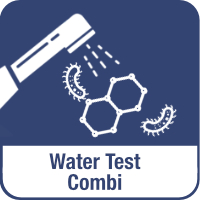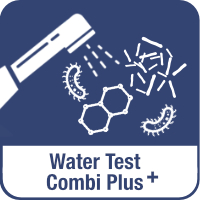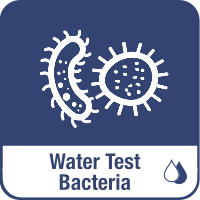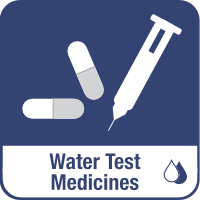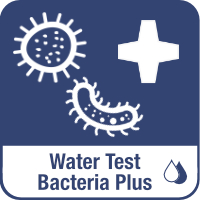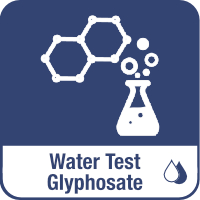- Water tests
- Air and pollutants analysis
- Mold analyses
- Asbestos analyses
- Rapid tests
-
Knowledge
- Further news
- Analysis made easy
- Tap and drinking water in Switzerland
- Facts about Indoor Air
- Facts about Mold
- Facts about Asbestos
-
Water quality in Switzerland
- Water Scarcity and Water Quality
- Drinking Water in Switzerland
- Tap Water in Switzerland: Quality and Controls
- Drinking Fountains in Switzerland
- Water Quality - Canton Basel
- Water Quality - Canton Bern
- Water Quality - Canton Geneva
- Water Quality - Canton Zurich
- NEWS: Zurich Drinking Water Map
- Drinking Water - City of St. Gallen
- Water Quality - City of Baden
- Water Quality - City of Bern
- Water Quality - City of Zurich
- Water Analysis - City Lucerne
- Water Quality - City of Winterthur
- The Water Supply of the City of Thun
- Initiative for Clean Drinking Water
- Nature's Thirst Quenchers: Fountains and Springs on Your Hike
- Partnership with WATER FOR WATER (WfW)
- Help & Services
Water Quality in Winterthur – Where Does the Drinking Water Come From?

The drinking water for Winterthur is sourced from the Töss groundwater stream (Linsental and Zell). Approximately 30 000 m3 – that is 30 million liters – are extracted daily. The quality is so high that no further treatment is required.
Water Supply
The Winterthur public utility supplies, in addition to the city itself, eleven surrounding municipalities. The water comes from nine groundwater catchments located in protected zones and is pumped into two reservoirs. Two-thirds of the water reaches households by natural gravity – entirely without pumps. The remaining third is lifted to higher reservoirs via twelve staged pumping stations.
Through the Kemptthal staged pumping station there is also a direct connection to the Zurich water supply, further enhancing supply security.
In addition, water is provided for 3 880 hydrants, firefighting reserves, and 130 public fountains.
Water Quality
Winterthur’s drinking water has a hardness of around 28 °fH (approximately 15.7 °dH). A conversion table can be found here. A detailed chemical-physical analysis is available here.
Water quality is continuously monitored by the public utility. However, their responsibility ends at the house connection – the owner is responsible for quality within the building.
Why Is a Drinking Water Test Useful?
Even though the public water supply meets the highest standards, contaminants can enter on the way to the tap – for example through old pipes, fixtures, or stagnant water. These can release heavy metals, bacteria, or other residues into the water.
A professional laboratory analysis provides certainty and protects especially vulnerable people such as infants or pregnant women.
Good Reasons for a Water Analysis:
- You regularly drink tap water.
- The water has an unusual taste, odor, or is cloudy.
- Particularly sensitive individuals live in your household.
- You prepare baby food with tap water.
- You use water carbonators.
- You want to rule out old pipes as a source of contamination.
✔ Heavy metals and pollutants
✔ For general drinking water, softeners
✔ Legionella, heavy metals and pollutants
✔ For general drinking water and softeners
✔ Heavy metals and contaminants
✔ Separate bacteria test recommended
✔ Analysis for lead also included
✔ Separate bacteria test recommended
✔ Focus on bacterial contamination
✔ For general drinking water, softeners
✔ Risk of transmission during showering
✔ Causes Legionnaires' disease
✔ Most common contaminants
✔ Bacteria analysis available separately
✔ 12 common pharmaceuticals
✔ e.g., diclofenac, ibuprofen
✔ Most common pesticides
✔ Glyphosate separate analysis
✔ E. coli, coliform bacteria
✔ Enterococci
✔ Commonly used pesticide
✔ Possibly carcinogenic
✔ 20 common PFAS chemicals
✔ Per- and polyfluorinated alkyl substances

